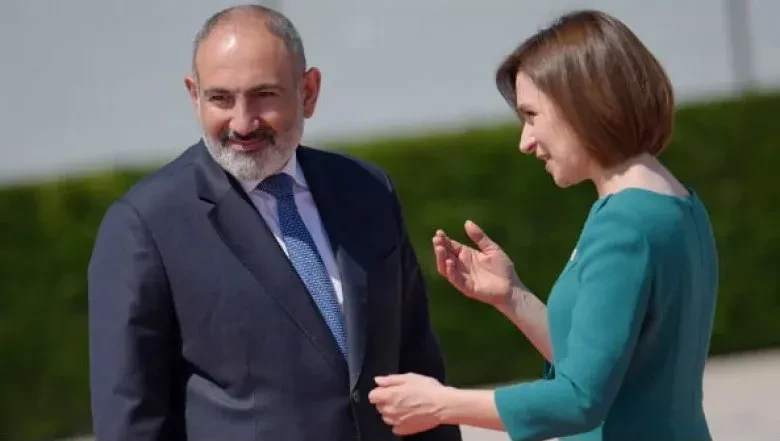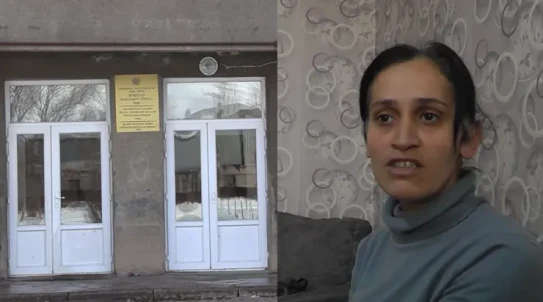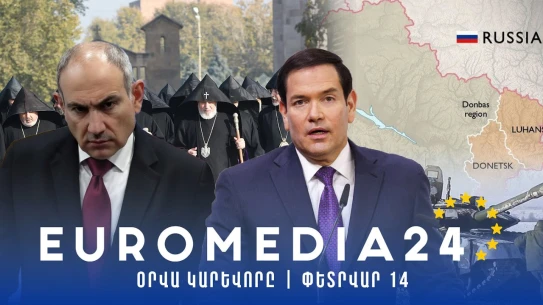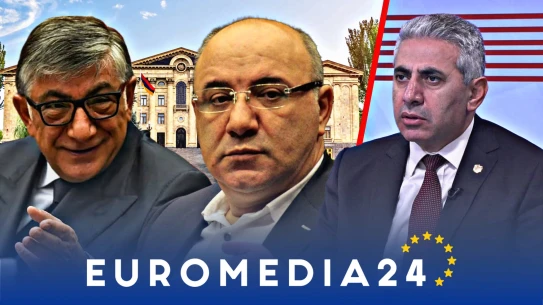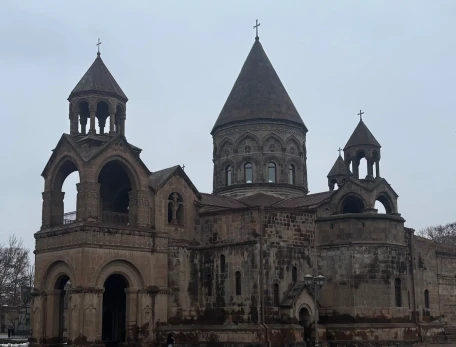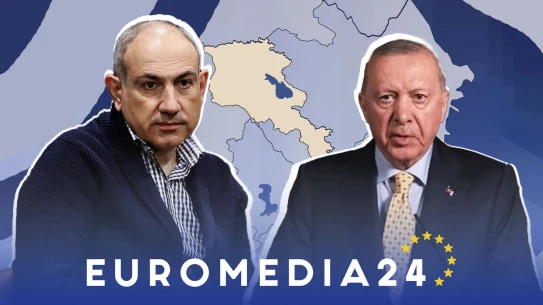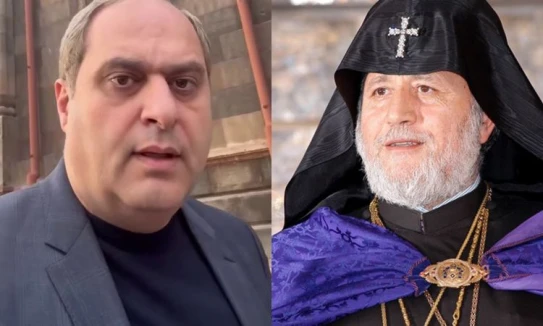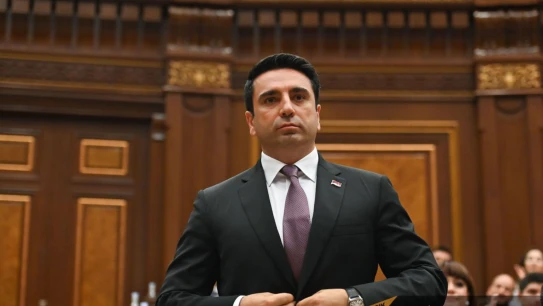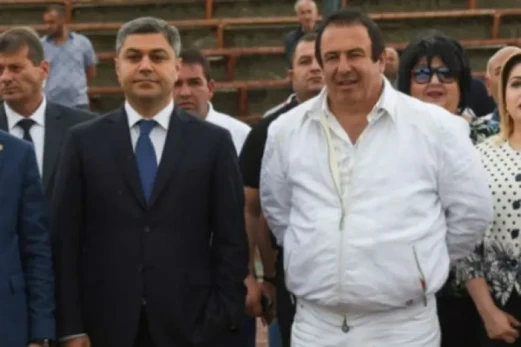"Fact" daily writes:
We present political scientist Aghvan Poghosyan's analytical article for "Pasti". As is known, the next elections of the National Assembly of the Republic of Armenia are scheduled for June 2026, which gives political forces about six months to intensify preparations.
While the Armenian political field is entering the pre-election phase, the authorities have started a new phase of political pressures, arresting businessman Samvel Karapetyan, carrying out anti-church campaigns and initiating criminal cases against various opposition figures, a vivid example of which is the arrest of Gyumri Mayor Vardan Ghukasyan.
As the elections approach, the impression is created that the authorities are leading the country towards instability, which threatens internal and external security. To assess the possible challenges facing Armenia in the 2026 elections, one can pay attention to the experience of the states that are also the target of the geopolitical struggle between the West and the East. Armenia is a member of the "Eastern Partnership" program of the European Union together with Azerbaijan, Georgia, Ukraine and Moldova.
All these countries are involved in bilateral conflicts to varying degrees. One of the more recent examples is Moldova, where the opposition has clashed with the ruling party led by Maya Sandu. Analyzing the elections in Moldova, experts often use the concept of "political technology", drawing parallels with the diaspora-based tactics that were also used in Poland.
Why is this country so interesting to the West? The reason is simple: it borders Ukraine and could become an important logistical hub for weapons supplies. Commenting on the results of the Moldovan elections, the dean of the Faculty of Journalism of the Belarusian State University, Alexei Belyaev, noted that the elections revealed deep differences between the concepts of "Moldova within the country" and "Moldova in the Diaspora".
A large part of the diaspora, which resides in Europe and has dual citizenship, ensured the victory of the pro-European forces. The disproportionate distribution of polling stations in Russia and the West, which limited the voting opportunities of Moldovans in Russia, was also criticized. However, all this does not reflect favorably on Moldovans. Below are the possible negative consequences of the Moldovan election results.
Economic decline. Moldova is considered one of the poorest countries in Europe, where a large part of the population lives in extreme poverty, despite the fact that there are no military operations in the country. This is mainly due to the loss of its products, especially the Russian markets.
Romanianization and loss of sovereignty. Romanian citizen Maia Sandu supports unionist sentiments, which could lead to the gradual Romanianization of Moldova and the threat of loss of sovereignty. Moldova is seen as part of an anti-Russian geopolitical project, where it is assigned the role of "a springboard to advance Western interests against the Russian Federation", especially in the Transnistria issue. The West can be proud of its achievements in the Eastern Partnership program. Ukraine's experience is telling.
Moldova's parliamentary elections became one of the manifestations of the confrontation between the West and Russia, where Moldova serves as a field for the realization of geopolitical interests. Predominance of Western influence. Many facts and statements testify to the significant, if not dominant, influence of the West on the political processes of Moldova.
According to former President of Moldova Igor Dodon. currently, Russia does not have adequate leverage to counteract this influence. Moreover, the opposition's inability to unite and its passivity indicate the difficulty of resisting well-designed political mechanisms. The price of such a policy for Moldovans remains questionable. Moldova's recent parliamentary elections were held under strong external influence, which some experts and politicians say was overwhelmingly Western.
This may indicate the effectiveness of the "Eastern Partnership" program, whose grants and social projects are slowly but consistently sowing divisions and disagreements with their close and major partners in the societies of the participating countries.
Returning to the upcoming elections in Armenia, I would like to note that the state may face serious challenges, such as the division of society and the economic crisis, under the endless promises of European leaders to be accepted into their "strong family".
















